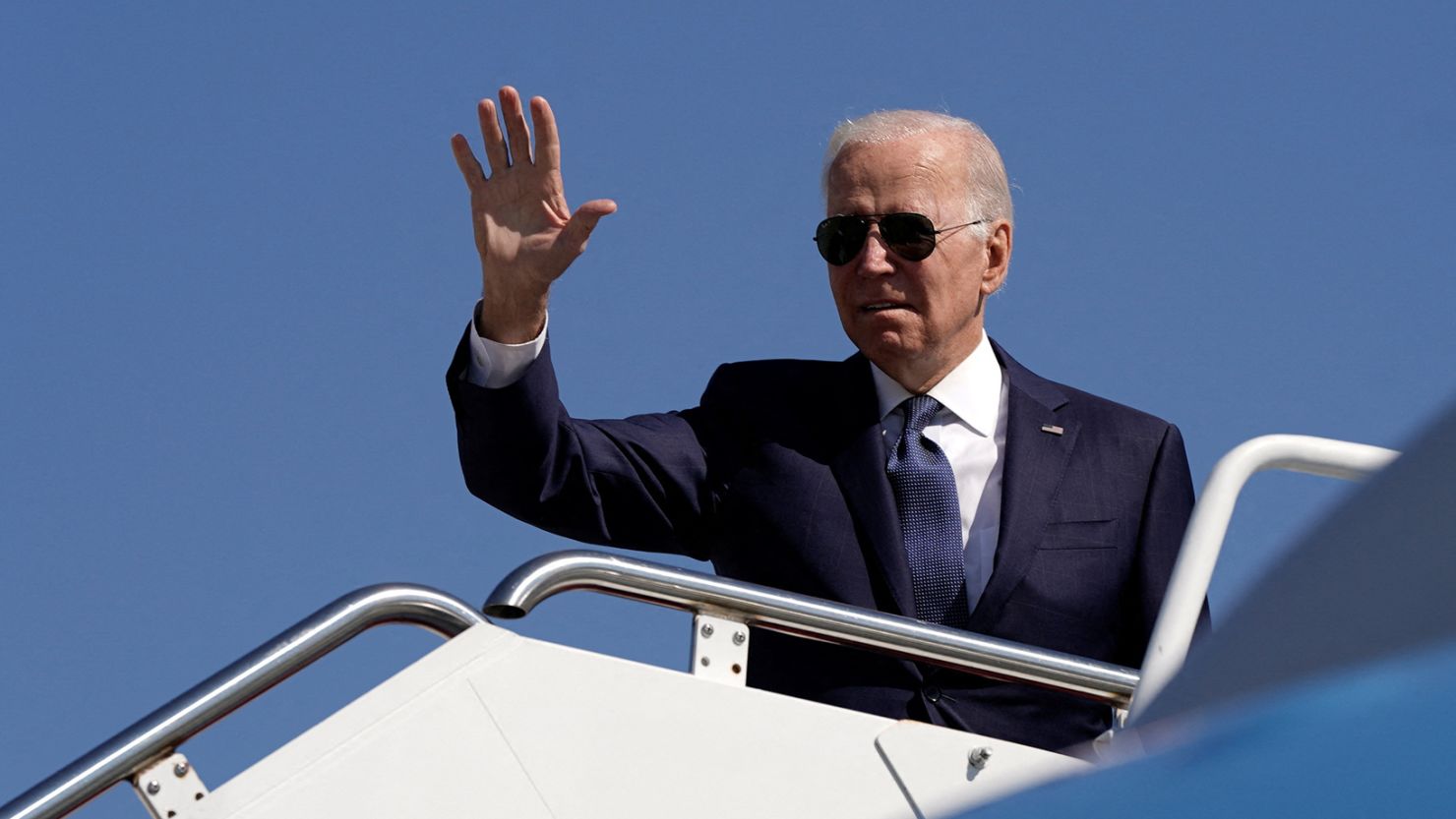The Biden administration on Friday imposed sweeping new curbs designed to curtail China’s access to technology critical to the manufacturing and operations of its military power.
The Commerce Department action applies new export controls to restrict China’s access to advanced computing chips, its ability to develop and maintain super computers and manufacture semiconductors. The move cuts at critical technological components for multiple economic sectors, but most acutely targets the manufacturing of advanced weapons systems.
“Our actions will protect US national security and foreign policy interests while also sending a clear message that US technological leadership is about values as well as innovation,” Thea D. Rozman Kendler, the assistant secretary of Commerce for export administration, said In a statement.
The US action is the latest salvo in a steadily escalating geopolitical competition that has grown increasingly tense during President Joe Biden’s time in office. But the scale of the restrictions underscore an aggressive new stage in the US efforts to counter – or block altogether – critical elements of China’s rapidly expanding military power.
Biden has spent his time in office regularly pointing to China’s economic and national security advances as an animating feature of his administration’s overarching policy approach. Despite Biden’s familiarity with Chinese President Xi Jinping from his time as vice president, the bilateral relationship has been on a steady path of deterioration over the course of the last year.
As avenues for cooperation – and in some cases, even conversation – have been all but frozen, US officials have been intensely engaged in identifying and deploying tools to defend US technology and economic know-how while blunting China’s advances.
The new rules will require licenses for companies to export the specific technologies to Chinese entities identified as working against US national security interests. The sweeping move focuses acutely on semiconductors, which have been at the center of a global sprint to increase manufacturing capacity and market share due to their necessity across economic and national security sectors.
US officials view the targeted technologies as critical components across China’s military infrastructure, touching everything from autonomous systems and the ability to improve the speed and access of planning and logistics to the production of weapons of mass destruction.
Alan Estevez, the under secretary of Commerce for industry and security, said the actions reflect what is viewed as the “north star” in its approach. That approach, Estevez made clear in his statement, “is to ensure that we are appropriately doing everything in our power to protect our national security and prevent sensitive technologies with military applications from being acquired by the People’s Republic of China’s military, intelligence and security services.”




